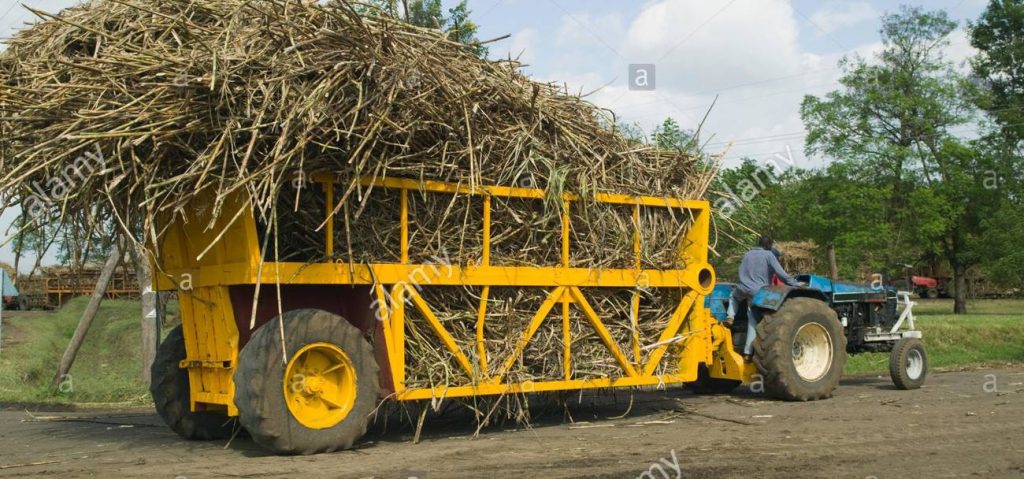
The Fifth Meeting of the COMESA Sub-Committee on the Kenya Sugar Safeguard conducted a virtual two-day meeting 15-16 June 2022 to consider issues relating to the implementation of the Safeguard.
Over the years, Kenya has been granted safeguards by the COMESA Council of Ministers to enable it undertake measures to re-structure its domestic sugar sector to attain competitiveness and become a profitable sector. The Committee oversees implementation of Kenya sugar safeguard measures and address challenges that may arise therefrom.
Key issues in the agenda were deliberations on the progress report on implementation of the Kenya sugar safeguard measures and review of the implementation of the country’s sugar recovery plan. The Committee also considered proposals related to administration of the quotas allocated to member countries that export sugar to Kenya, which has been a key issue.
In attendance were representatives from the sugar exporting countries that constitute the Committee members: Burundi, D. R. Congo, Egypt, Eswatini, Malawi, Mauritius, Tunisia, Zambia, Zimbabwe and Kenya which is implementing the safeguard.
Speaking at the opening of the meeting, COMESA Assistant Secretary General in charge of programs, Dr Kipyego Cheluget, observed that challenges around the Kenya sugar safeguard measures and its administration continue to persist and different approach may be required to make a difference.
“The modalities for the administration of the safeguard measures have so far been stable and serve all parties fairly under the circumstances. My plea to all of us is to avoid introducing drastic changes in the modalities which may bring discomfort or dissatisfaction to some members or section of Member States given that the diversity of sugar production regimes in the entire region,” he urged the delegates.
Dr Cheluget called for technological flexibility to diversify from sugar production for food consumption to production of energy or ethanol. Citing the current disruption of global value chains following the Ukraine-Russian conflict, he said such energy production would cover supply shortfalls and arrest runaway price escalations while stimulating sugar production.
He urged the participants who are policy advisors in their respective governments, together with backing of private sector to look at the bigger picture beyond the safeguards measures.
“As revealed in one of our recent studies, there exist potential to increase intra-COMESA exports in excess of US 100 billion in products such as textiles, fish and fish products, vegetables, natural gas, cement, mineral ores, sugar among others,” he said while urging Member States to make good use of COMESA’s research outputs.
At the meeting, Kenya reported a steady increase in sugar production due to enhanced investments by both Government and private players, stating that it had not reached self-sufficiency in sugar production as several mills continue to operate inefficiently and below capacity.
“For this reason, the country has been filling the deficit by importing sugar, especially from the COMESA region,” said the report.

